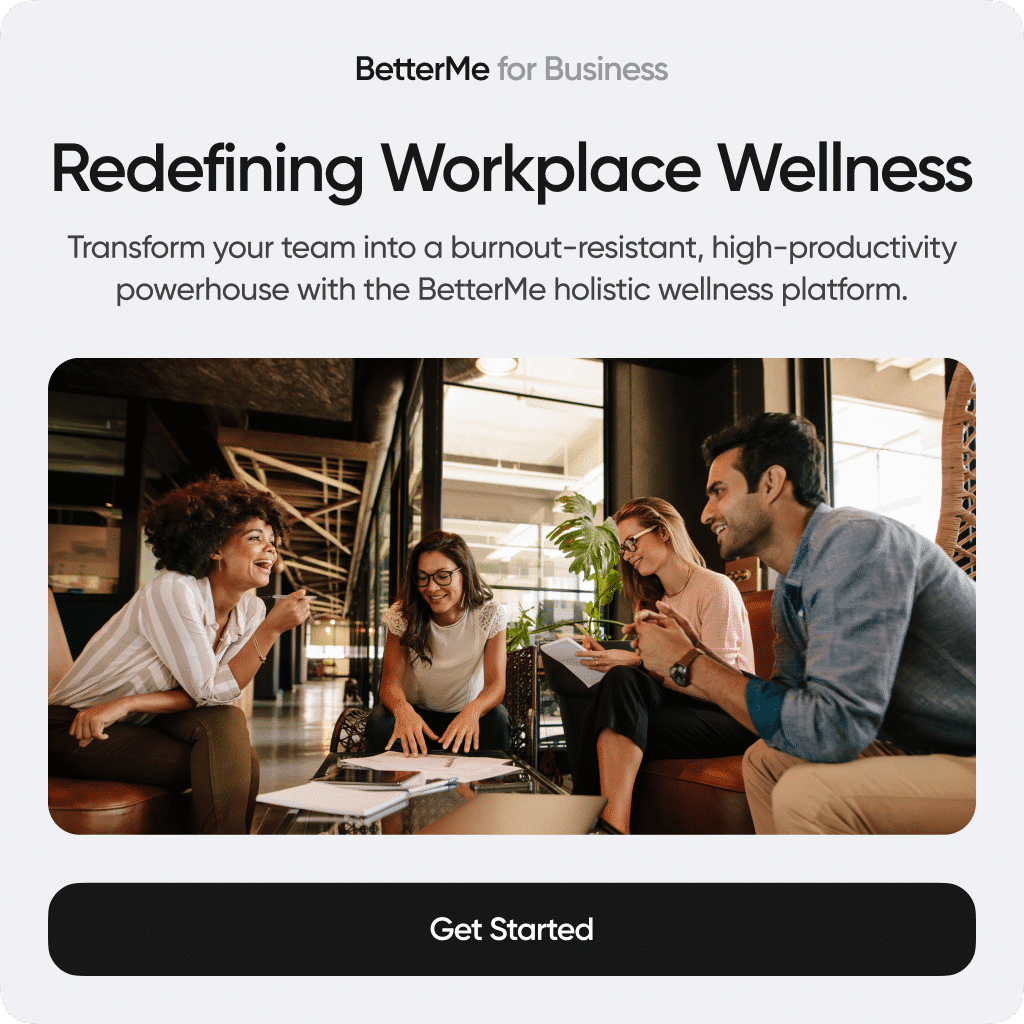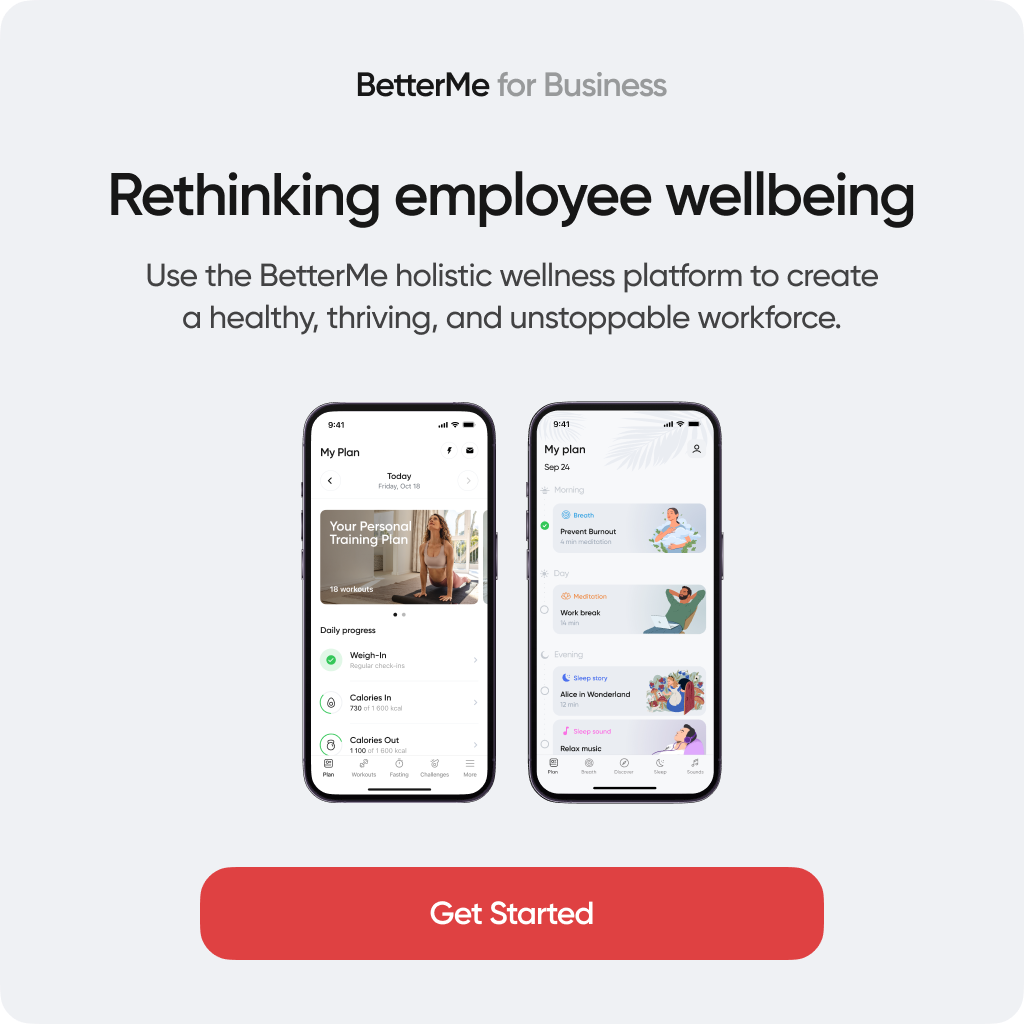Corporate culture in America is witnessing a silent revolution and this has everything to do with younger employees. As a result of the pandemic, global inflation rates, and economic uncertainties, Gen-Z and millennials are no longer satisfied with traditional work structures. Instead, they’re prioritizing flexibility, personal growth, and a better work-life balance.
The trends of #quietquitting and the #greatresignation have more than 570 million views on TikTok, which shows how important this is to the younger generations.
With newer generations expected to account for almost a third of the workforce by 2030, and over 40% by the following decade, employers must create a better growth model than ever before if they are to retain top talent.
The Rise Of Chronic Health Conditions Among Younger Generations
One of the reasons employees are seeking a flexible structure that rewards hard work is the global rise in chronic health conditions.
In a report that was published by the Centers for Disease Control and Prevention (CDC) in 2019, 53.8% of adults aged 18─34 years had at least one chronic condition, and 22.3% had more than one condition (3).
The most prevalent conditions listed were:
- Obesity (25.5%)
- Depression (21.3%)
- High blood pressure (10.7%)
One report has suggested that over 25% of young people in America aged between 17 and 24 are too heavy to join the US military. Obesity costs the US healthcare system almost $173 billion a year. (2) In addition, the CDC lists more than 37 million Americans as having diabetes, and another 96 million adults with prediabetes, which puts them at risk for type 2 diabetes.
Diabetes can lead to serious complications, such as heart disease, kidney failure, and blindness. In 2017, the total estimated cost of diagnosed diabetes was $327 billion in medical costs and lost productivity (4).
With the data clearly suggesting an increase in chronic health conditions among younger generations who also form the newest batch of recruits, the time has come to reconsider their role in the changing workforce.
Pleasing youngsters may appear futile, but this group possesses incomparable digital skills and a greater sense of purpose and desire to make a difference.
Companies that can actively utilize the many skills of this generation will certainly be victorious in the coming decades.
Read more: 5 Stages Of Burnout: What It Is, How To Recognise It, And How To Recover.
How Can Companies And Organizations Improve Working Conditions For Their Employees?
1. Creating An Environment That Enables Fulfillment
For a generation that is focused on wellness, creating an environment that supports this is crucial. Gen-Z and millennial employees are fully aware of how their circumstances and habits affect their health and well-being and are more willing than older generations to either see this connection or quit in response.
Offering wellness rooms, mental health support, and paid time off can help retain top talent. Modernizing benefits to cater to the needs of younger employees will give companies an edge. (7)
2. Rethinking The Workplace Structure
To instill a sense of loyalty in newer employees requires a great deal of effort. From restructuring the office layout to tweaking the company’s benefits policy, a number of innovative strategies can be utilized that will make all the difference.
Incentivizing regular activity breaks, organizing group and desk workouts, providing access to nutritionists, and offering better in-house meal options can be the key to retaining employees in the long run.
3. Creating Space For Open Dialogue & Building Psychological Safety
One way of tackling the trend of quiet quitting is by providing a safe and open space that is equally rooted in doing good work as it is in taking care of employees. Empowered managers, opportunities for career advancement, and the ability to discuss health concerns (both physical and mental) will inevitably make employees feel more valued and integrated. Not feeling judged for voicing their problems builds psychological safety within the workplace and is a determinant among employees to continue in the organisaiton.
4. Working Toward A Hybrid, Flexible, And Connected Workforce
Even before COVID-19, research found a link between paid time off and career success (5). Several studies from the post-pandemic era have also revealed that hybrid work structures are more likely to increase productivity among workers. (1)
The new corporate cohorts are naturally inclined toward hybrid and remote solutions, and if these aren’t offered, they will seek employment elsewhere.
Not only does this reduce commuting costs, it enables employees to structure their day on their own terms. Employers that offer remote team-building experiences such as ice-breaking sessions, group workouts, and similar activities can help incentivize new recruits and maintain a feeling of community despite the distance.
Read more: Remote Team Management: Strategies, Tips, And Hacks To Building A Productive Remote Team.
5. Actively Prioritizing Mental Health
Deloitte’s 2022 report entitled ‘The Mental Health Of Gen-Zs And Millennials In The New World Of Work’ noted that 46% of Gen Zs said they are stressed or anxious either all or most of the time, while 38% of millennials said the same. The key reason for this was a constant feeling of burnout stemming from the increasing demands of the workplace. (6)
The research also stated that one in four millennials and one in five Gen Z employees did not believe their employer took burnout seriously or were taking any steps to address the concern, which indicates that many employers do not yet fully understand the impact burnout has on their business.
For organizations that are looking to recruit, retain, or incentivize employees for a sustained period of time, prioritizing mental health concerns and taking active steps to promote wellness can be the ultimate game-changer.
As newer generations enter post-pandemic work culture and impose their will on the workplace, the traditional employer-employee relationship will undergo a huge transformation.
HR leaders and managers will need to act as recruiters, guidance counselors, psychologists, mediators, and above all, enablers of change.
With 150M+ downloads and 5.5M monthly active users worldwide, BetterMe’s health and wellness solution is a driver of long-lasting health outcomes and behavioral change. Support your team’s wellness goals and cultivate a thriving, unstoppable business from the inside out. Join millions of satisfied customers and start your organization’s health transformation journey with BetterMe today.
DISCLAIMER:
This article is intended for general informational purposes only and does not serve to address individual circumstances. It is not a substitute for professional advice or help and should not be relied on for making any kind of decision-making. Any action taken as a direct or indirect result of the information in this article is entirely at your own risk and is your sole responsibility.
BetterMe, its content staff, and its medical advisors accept no responsibility for inaccuracies, errors, misstatements, inconsistencies, or omissions and specifically disclaim any liability, loss or risk, personal, professional or otherwise, which may be incurred as a consequence, directly or indirectly, of the use and/or application of any content.
You should always seek the advice of your physician or other qualified health provider with any questions you may have regarding a medical condition or your specific situation. Never disregard professional medical advice or delay seeking it because of BetterMe content. If you suspect or think you may have a medical emergency, call your doctor.
SOURCES:
- 3 New Studies End Debate Over Effectiveness Of Hybrid And Remote Work (2023, Forbes.com)
- Association of body mass index with health care expenditures in the United States by age and sex (2021, journals.plos.org)
- Chronic Conditions Among Adults Aged 18─34 Years — United States (2019, cdc.gov)
- Economic Costs of Diabetes in the U.S. in 2017 (2018, pubmed.ncbi.nlm.nih.gov)
- The Data-Driven Case for Vacation (2016, hbr.org)
- The Mental Health Of Gen-Zs And Millennials In The New World Of Work (2022, Deloitte.com)
- What Business Needs To Know About The Generation Changing Everything (2023, oliverwymanforum.com)











